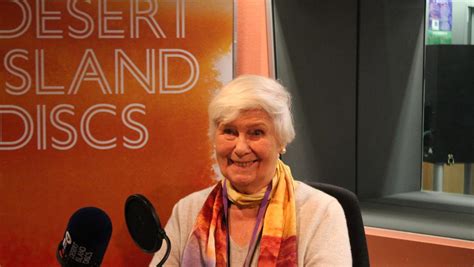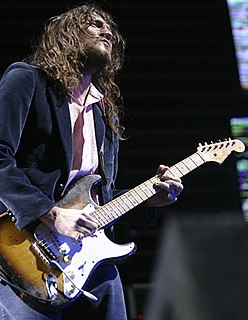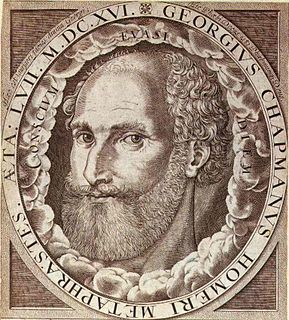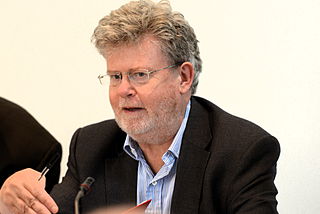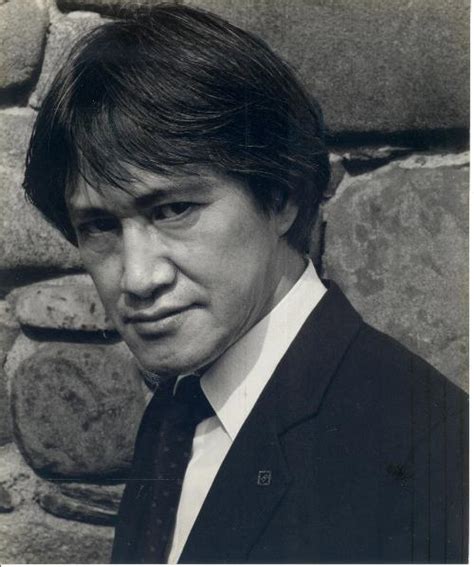A Quote by Jane Gardam
English country life is more like Chekhov than The Archers or Thomas Hardy or even the Updike ethic with which it is sometimes compared.
Related Quotes
Bitter criticism caused the sensitive Thomas Hardy, one of the finest novelists ever to enrich English literature, to give up forever the writing of fiction. Criticism drove Thomas Chatterton, the English poet, to suicide. . . . Any fool can criticize, condemn and complain - and most fools do. But it takes character and self-control to be understanding and forgiving.
I think that maybe happy families don't need stories the way unhappy families need stories. Maybe they're too busy living that they don't actually step back and talk about life like the Anton Chekhov quote. I prefer Anton Chekhov to Lev Tolstoy, and the reason is because of what he leaves out. Sometimes I think Tolstoy had a theory that he was proving and he proved it. Chekhov is more ambiguous.
I can also be very happy in this life, but it's usually happiness that I get from other lives I've lived and other dimensions. This life is hardly important to me. It's very small compared to the importance that I think the fourth and fifth dimension have. Those places are much more real to me, like when you have a dream and it's more real to you than real life. Compared to where I'll be going, this life seems like a dream that just feels like a dream.
Once one has realized, following the great English literary visionaries William Shakespeare and Thomas Nashe, that sexual puritanism, political disciplinarianism, and abuse of the poor are the result of the refusal of true Christianity ... one is led to articulate a more incarnate, more participatory, more aesthetic, more erotic, more socialized, even a more 'Platonic' Christianity.
An old essay by John Updike begins, 'We live in an era of gratuitous inventions and negative improvements.' That language is general and abstract, near the top of the ladder. It provokes our thinking, but what concrete evidence leads Updike to his conclusion ? The answer is in his second sentence : 'Consider the beer can.' To be even more specific, Updike was complaining that the invention of the pop-top ruined the aesthetic experience of drinking beer. 'Pop-top' and 'beer' are at the bottom of the ladder, 'aesthetic experience' at the top.
The assumption that everything past is preserved holds good even in mental life only on condition that the organ of the mind has remained intact and that its tissues have not been damaged by trauma or inflammation. But destructive influences which can be compared to causes of illness like these are never lacking in the history of a city, even if it has had a less chequered past than Rome, and even if, like London, it has hardly ever suffered from the visitations of an enemy.
This Congress did more to uplift education, more to attack disease in this country and around the world, and more to conquer poverty than any other session in all American history, and what more worthy achievements could any person want to have? For it was the Congress that was more true than any other Congress to Thomas Jefferson's belief that: 'The care of human life and happiness is the first and only legitimate objective of good Government.'
